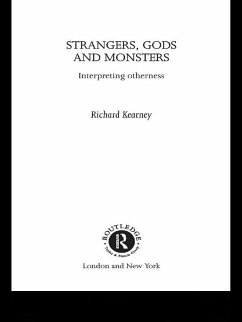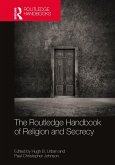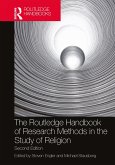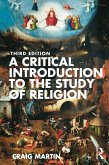In the first part of the book, he shows how the figure of stranger - the "barbarian" for ancient Greece, the 'savage' for imperial Europe - defines our own identity by the very idea that it is the Other, not we, who is unknown. He then goes on to examine the image of the monster, and with the aid of powerful examples from ancient Minotaurs to medieval demons and post-modern enemies, argues that human selfhood itself frequently contains a monstrous element. In the final part of the book Richard Kearney shows how many gods are still alive for people today testifying to the human psyche's yearning to slip the shackles of our finitude and death.
Throughout, Richard Kearney shows how strangers, gods and monsters do not merely reside in myths or fantasies but constitute a central part of our cultural unconscious. Above all, he argues that until we understand better that the Other resides deep within ourselves, we can have little hope of understanding how our most basic fears and desires manifest themselves in the external world and how we can learn to live with them.
Dieser Download kann aus rechtlichen Gründen nur mit Rechnungsadresse in A, B, BG, CY, CZ, D, DK, EW, E, FIN, F, GR, HR, H, IRL, I, LT, L, LR, M, NL, PL, P, R, S, SLO, SK ausgeliefert werden.
'While the call to pardon monsters must remain open for philosophical argument, Kearney pleasingly and provocatively continues the conversation started by Socrates in The Republic when he asked pious old Cephalus: What is justice?' - Symposium Vol 7
'While the call to pardon monsters must remain open for philosophical argument, Kearney pleasingly and provocatively continues the conversation started by Socrates in The Republic when he asked pious old Cephalus: What is justice?' - Symposium Vol 7
'It is important to acknowledge the contribution ... to the re-evaluation of a concept (i.e mediation) whose fate after hegel has much been debated.' - Critical and Cultural Theory









